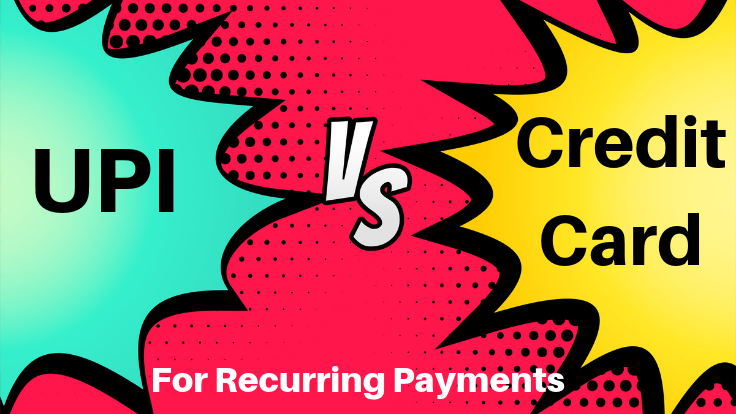If you are offering a product or a service for which you want to charge your customers on a repeated basis, recurring payments are something you should opt for. It is a convenient option that your customers do not have to remember to pay for your products or services. Using recurring payments allows you to sell your products and services automatically. Checkouts are optimized to make it easier to predict the cash flow.
What are Recurring Payments?
Recurring payments are repeated payments, you are charged automatically for the products or services you are subscribed to and charged on a fixed interval. It can be for a specific period of time depending on the business model. The whole process is initiated by card authorization in the following steps:
- The recurring payment option is selected by the customer on your website.
- Now they need to accept the terms and conditions for authorization.
- Once authorized they need to provide their card details and confirm the payment, now the customer will be charged at fixed intervals until they choose to cancel the subscription.
For Example, if You have subscribed to a broadband connection on a monthly basis, and you renew your broadband service every month, instead of doing that you can choose the recurring payments option on their website. Now the amount will be automatically deducted from your account every month and your subscription will be renewed automatically.
Related Post: Recurring Payment via UPI or Credit cards?
Advantages of Recurring Payments for Merchants:
- Monitor Cash Flow: The merchant can monitor the average cash flow that is being credited into his account which can help him build a strategy for the future.
- Fewer Missed Payments: As the payments from customers will be automated, the merchant does not have the hassle of sending payment reminders to his customers thus saving time and money.
- Reduced Processing fees: As the recurring payments are done online, the extra cost required for cheque payments will be avoided.
- High Customer Retention: If the customer wants to stop the recurring payments they need to cancel the subscription which is most likely not going to happen.
Advantages of Recurring Payments for Customers:
- Avoid Late Fees: Many businesses charge a penalty for late fees which can be avoided using recurring payments as the amount is automatically debited after a fixed interval without having to remember. They are most beneficial for those who travel a lot and do not have time for renewals.
- User Convenience: Once the customer has opted for recurring payments, they do not need to log in again to make a payment, the payments will be done automatically after the fixed interval for the products or services.
- Manageable Spending: If a customer wants to buy an expensive product and he doesn’t have enough balance in his bank account, he can split the amount into multiple billing cycles with recurring payments.
- Quick Payments: Use of a cheque payment is time-consuming as it takes some days for the amount to reflect in the merchant’s account at the same time you have to stand in the queue for making a cheque payment. Whereas recurring payments are online payments and the amount is reflected immediately into the merchant account at the same time automation is what makes recurring the preferable option over a cheque payment.
- Environmental Saving: Recurring payments are digital payments and are an alternative to paper-based payments like a cheque. Recurring payments have no paper billing, everything is digital in recurring payments thus saving the environment.
For a recurring payment, the subscription model works best for large merchants with multiple products. Recurring payments are game-changers, you need to rethink as to what works best for your customers.
Digital Payment Guru provides payment gateway integration services of top payment gateways like PayPal, Paytm, PayU, Instamojo & Atom at the best market rates. If you are confused about which payment gateway to choose from, we can help you choose the best payment gateway for your business by analyzing your business requirements.



